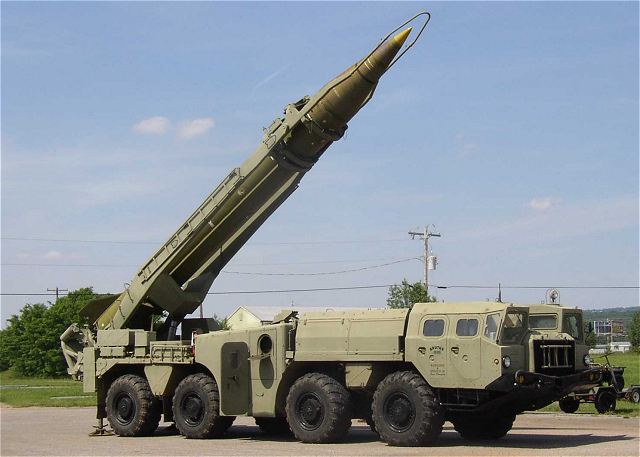Mercenaries, broadly defined as hired professional soldiers who fight in conflicts without belonging to a warring side, have long been a fixture of wars. Since the Second World War, mercenaries have resurged on various notable occasions, most prominently in Africa. Mercenaries fought frequently during the wars of decolonization in Africa, normally against the newly decolonized states. Later, the concept of mercenary became increasingly blurred, with private security companies (PSCs) taking prominent roles during wars in Sierra Leone, Angola, and perhaps most infamously in Iraq and Afghanistan during US wars in these countries. Yet though Blackwater (now Academi), which held a notably controversial role in Iraq, no longer dominates headlines, mercenaries or mercenary-esque PSCs remain involved in conflicts globally, especially in Africa. The link between mercenary-PSCs, ongoing conflicts, and power politics is a clandestine security issue that deserves further investigation.
In 2020, mercenary-PSCs have appeared in a multitude of conflicts and settings. Mercenary units attempted a coup against Nicolas Maduro in Venezuela, were arrested in Belarus prior to its election, and have appeared in large numbers in Libya’s civil war. The latter has involved mercenaries from several parties including Syria, Sudan, and most prominently, the Wagner Group, a Russian PSC also allegedly implicated in the Belarus event as well. Since 2014, the Wagner Group has been involved in the Ukraine, Syria, Sudan, Venezuela, the Central African Republic, Libya, Madagascar, and Mozambique. These are just the known involvements. The fact that Yevgeny Prigozhin, the founder of the Wagner Group, is an ally of Russian President Vladimir Putin, gives evidence to the notion that Wagner Group’s exploits are politically – and not just economically – motivated.
Mercenary-PSCs like the Wagner Group offer immense utility to states keen on advancing their foreign political agenda without increasing domestic political risk. The value in mercenary – PSCs, for both the supplier-supporting state and the receiver of the services, lies in plausible deniability, domestically and internationally. For example, the Wagner Group’s actions in Syria and Ukraine allowed them to project power while avoiding official casualties, something that could have negatively affected Putin’s popularity at home. The Wagner Group also appears to protect and pursue Russian political and commercial interests abroad. Though details are vague, many of the states, such as the Central African Republic, in which the Wagner Group Operates, have granted a variety of contracts to Russian-backed companies, and have employed Russian nationals as political advisors. A Russian state-owned company, Roszarubezhneft, also holds a large stake in Venezuela’s national oil company.
For the state receiving the service, mercenaries are often cheaper and more convenient than regular armies. There is no need for a state to pay for pensions, the importing of costly weapons, and training, all of which are needed for a standing army. Thus, the intersection of the dual utilities creates a nefarious pair, potentially matching stability seeking autocrats with states keen on increasing their global influence. Indeed, though Russia was an exemplar case study for this article, Turkey, another state with increasingly expansionist policies, has also deployed state-backed mercenaries into regional conflicts with the aim of gaining influence.
According to Miriam Webster, the word mercenary with its present definition dates back to the 14th century, while the usage of mercenaries themselves likely dates back to the advent of states and societies themselves. Based on their utility in subverting international law and plausible deniability, it is highly probable that as long as there is conflict, the state of mercenaries will remain the status quo.
Cover Image: “Profile of a warrior in helmet” (1472), by Leonardo da Vinci via Wikimedia Commons. Public Domain.
Disclaimer: Any views or opinions expressed in articles are solely those of the authors and do not necessarily represent the views of the NATO Association of Canada.




